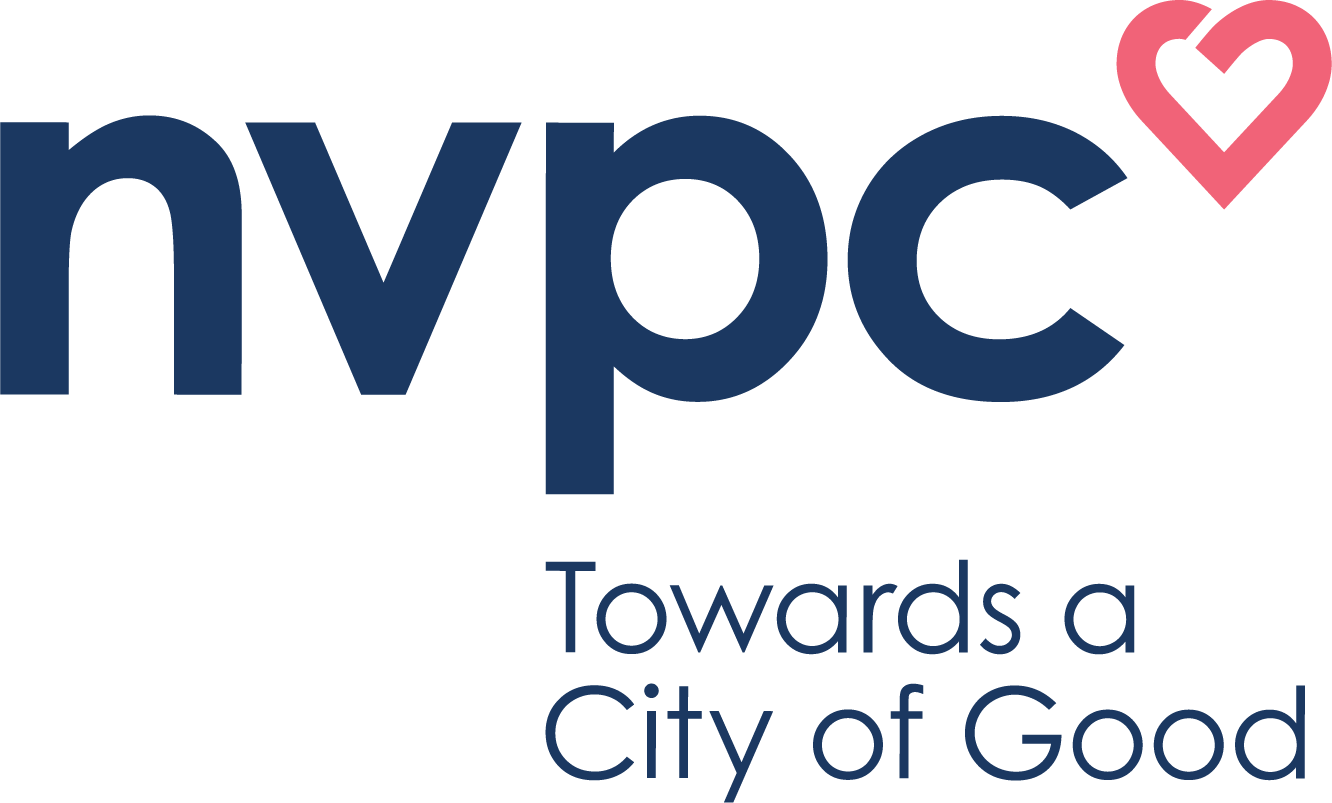The 5 Facets of a Groundup Journey

Whether big or small, starting a groundup initiative of your own comes with many considerations. Before embarking on your own journey, knowing what to expect will help you in your decision on whether starting a groundup is for you. Here’s a peek into how a groundup journey looks like.
1. Starting up.
The first phase is full of excitement – new ideas to test out, new people to talk to and work together with, new opportunities to make a difference! Starting up is always a different experience for everyone, but some common processes that groundup founders go through in this phase are:
- Problem identification
- Solutioning
- Finding teammates
- Pilot
- Evaluation
Expect ambiguity in this phase (and throughout the journey) – there will be plenty of unknowns and assumptions that will have to be made when coming to decisions. Use the pilots as an opportunity to test those assumptions and emerge with a clearer picture of your groundup idea.
(Related – 5 Steps to Starting Your Own Groundup)
2. Funding.
Depending on the scope and scale of your initiative, you may or may not require funding to launch your groundup from pilot to actual operations. Initiatives that focus on advocating a particular cause or those that are using their skills to help others may find that funds required are minimal with the advent of social media.
During this phase you may also find that resources are sparse, and it is as much about raising funds as it is about reducing costs. Think about unnecessary expenses that you can do without and creative solutions to overcome the need for funding.
(Related – 6 Creative Ways to Reduce Your Groundup’s Costs)
For those who require additional funds, there are a number of avenues available: self-funding, family and friends, crowdfunding platforms and institutional grants. There is a myriad of considerations for each avenue, and you are likely to find yourself needing to justify credibility and accountability for the funds you are requesting for. Most groundup founders find themselves weighing the costs and benefits of each alternative during this phase to come to a decision that works best for them.
3. Outreach and Marketing.
Every groundup needs to connect to people in order to start inciting change, be it beneficiaries, non-profit partners or programme participants. Most founders turn to digital media for this purpose, setting up their own Facebook page, website, Telegram channel and the works. More often than not your friends will be your first network pool, but also take care to curate your followers – it may be a numbers game, but you also don’t want a hoard of people from Madagascar following your posts when your groundup is focusing on healthcare of seniors in Singapore or you may run into problems when you start looking into paid social media marketing.
Contrary to popular belief, running a well-curated, up-to-date social media account is a ton of hard work. You may find yourself constantly thinking about new content and new ways in which to engage your audience, and gaining traction may be tough in the initial stages. But there’s also a great sense of fulfilment when it finally starts to take off, so dig in and enjoy the journey.
Groundup founders also swear by the good ol’ word-of-mouth, so keep sharing about your groundup to anyone and everyone who is willing to listen!
4. Volunteer recruitment.
As your groundup starts to gain traction, it’s natural to require more pairs of hands to amplify the good work that you’re doing – and that’s where volunteers come in. But besides being just an additional pair of hands, bringing passionate people who are aligned with your groundup’s objectives into the fold can bring your idea to the next level. Motivated volunteers with the right skills can fill in the gaps that your core team might not be able to, they are able to provide alternative perspectives for consideration, and they will be your strongest advocates if they really believe in the work that you do.
It is also during this phase that you find people turning to you for decisions – you’ve become a leader! And because with great power comes great responsibility (rolls eyes), groundup founders going through this phase usually find themselves learning on-the-job about leading and managing people. It is no easy feat by any means, but when you get to a point where your groundup is running like clockwork, it’ll be all worth it.
5. Sustaining.
After successfully running a groundup for some time, founders may start to wonder – where do I go from here, and do I want to carry on doing this? Take some time to think about this as you go along in your journey, lay out the options, and have an exit strategy in mind. For those looking to scale even further, thoughts on sustainability and whether to formally register as an entity (and which type of entity – charity, society or social enterprise) start to surface. Again, it’s normal to have plenty of ambiguity during this phase as you chart the next course for your groundup. There are no right or wrong answers here, it largely boils down to the question of what your objectives and vision of success are.
(Related – The Costs vs Benefits of Registering Your Groundup)
Make no mistake about it – starting and running a groundup is a lot of hard work. But groundup founders who have gone on that journey have found it largely fulfilling, citing gaining new contacts, learning new skills and forming a better understanding and empathy of social issues as some of their high points and main takeaways. Now the question is, what will you start?
About the author:
Kai is Social Strategist at BAGUS Together, bringing fresh perspectives to the table and leaving ego at the door. Say the word dog, he'll be all over the floor.
Join our mailing list to get updated on the latest groundup happenings!
National Volunteer & Philanthropy Centre
- 6 Eu Tong Sen St, #04-88 The Central, Singapore 059817
(+65) 6550 9595 - groundups@nvpc.org.sg
Copyright © 2023 Groundup Central. All rights reserved.

